February is National Children’s Dental Health Month – and a great time to discuss how to take care of your children’s teeth to ensure healthy smiles for years to come.
Teaching children good dental habits can be one of the most important things a parent does. When kids are small, parents should do the brushing. As a matter of fact, parents should begin brushing their children’s teeth when they are still babies, as soon as those first teeth start to poke through. Just use a child’s toothbrush and plain water.
When children reach the age of two, add a pea-sized amount of toothpaste to the routine. Choose a toothpaste with fluoride, but make sure your child spits it out after brushing. Then when you notice that your child has two teeth that touch, it is time to incorporate flossing too. Eventually, your child will be ready to brush and floss without your help.
Remember, brushing your teeth twice a day and flossing them once a day is important for people of all ages, whether children or adults. Let your kids see you brushing and flossing regularly, because they learn by your example.
Questions for Your Child’s Dentist
Always share concerns about your children’s teeth with their dentist. Here are answers to some of the most common questions parents have about their children’s teeth.
Is it okay for my child to suck his thumb?
Although most children stop sucking their thumb by the age of 3 or 4, there are some that continue beyond that. Unfortunately, when children suck their thumb after the arrival of their permanent teeth, they can change the alignment of their teeth and bite. It all depends on the intensity and frequency of the behavior. For example, if your son tends to just hold his thumb in his mouth, it will not cause the type of damage that sucking his thumb vigorously will. The next time you bring your child in for a check-up, let the dentist know about the thumb sucking so that he or she can evaluate the situation.
Besides brushing and flossing, how can I protect my child from cavities?
Some areas of your child’s mouth are more prone to cavities than others, especially when teeth have deep grooves where food and bacteria can become trapped. Ask your dentist about sealants, which protect baby teeth and permanent teeth from cavities. They can be applied quickly without causing discomfort, and even be reapplied if they become worn out from continued chewing.
One of my child’s baby teeth fell out early. Should I be concerned?
Sometimes a baby tooth falls out before the permanent tooth is ready to break through. When that happens, there is a risk that another permanent tooth could erupt in the wrong place. Eventually there may not be enough room for all of the permanent teeth to fit. Fortunately, your dentist can insert a space maintainer to hold the space open until that space is needed. Ask your dentist if a space maintainer is recommended.
My dentist says my child has a “bad bite.” Is that serious?
A bad bite, called malocclusion, occurs when either a patient’s teeth are out of alignment or the jaws come together improperly. It is usually apparent when a child’s permanent teeth begin to come in. It is serious in that it can make it hard for your child to clean between crowded or crooked teeth, leaving them at risk for tooth decay and gum disease. However, a bad bite can be treated, and when it is caught early the situation can be remedied.
Remember, to keep your children’s teeth healthy make sure they brush and floss daily – along with everyone else in the family! Print out our fun brushing chart and use it at home with your kids to keep them on track!
Image Source: www.flickr.com/photos/adwriter/244958802
Original Source: https://www.craigarmstrongdds.com/cleanings-and-prevention/national-childrens-dental-health-month
Visit Our Office
Office Hours
- MON8:00 am - 6:00 pm
- TUE8:00 am - 6:00 pm
- WED8:00 am - 6:00 pm
- THU8:00 am - 6:00 pm
- FRIClosed
- SATClosed
- SUNClosed
10370 Richmond Ave. Ste 310,
Houston, TX
Phone : (832) 251-1234Text Us : (832) 251-1234





